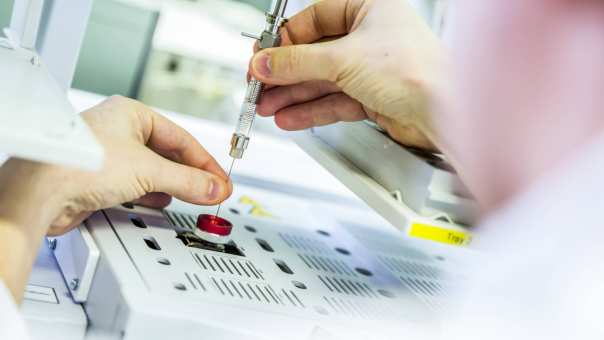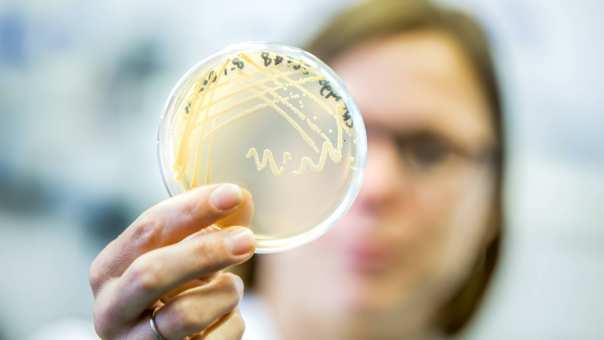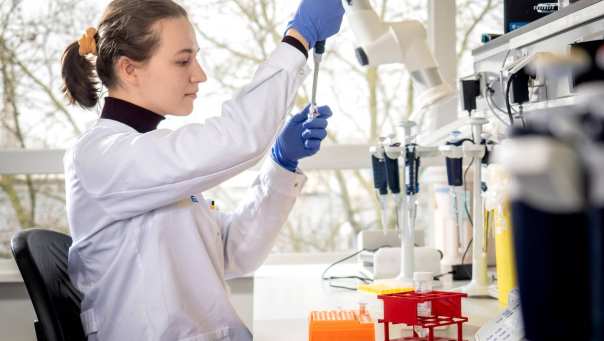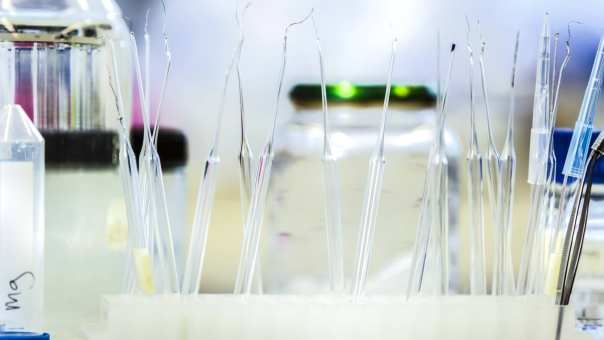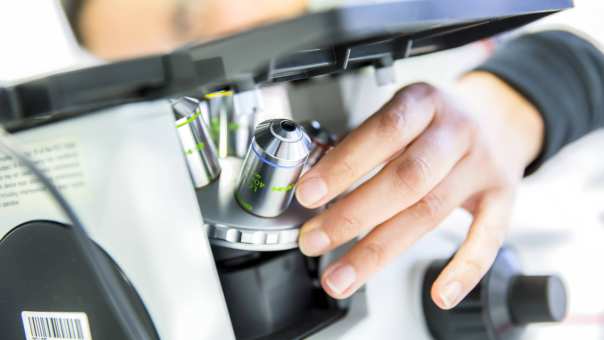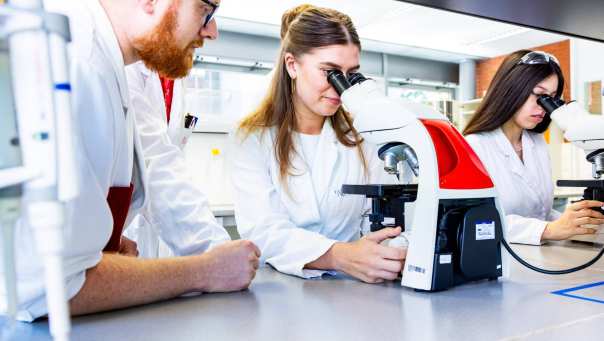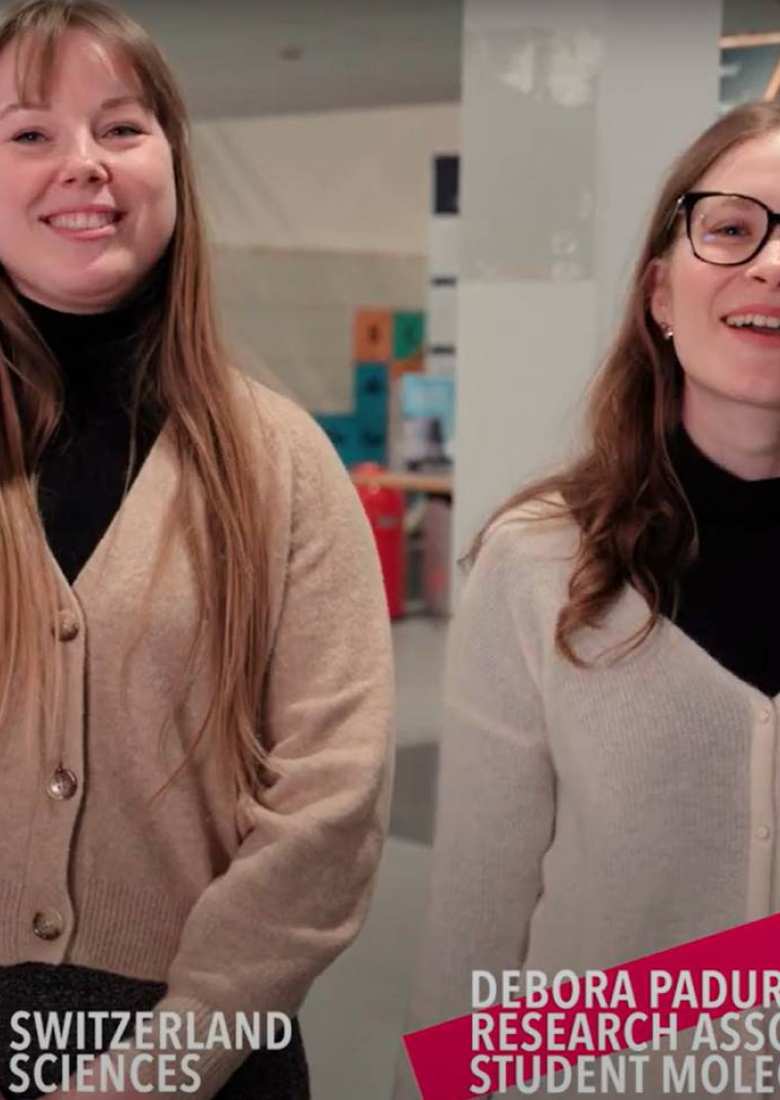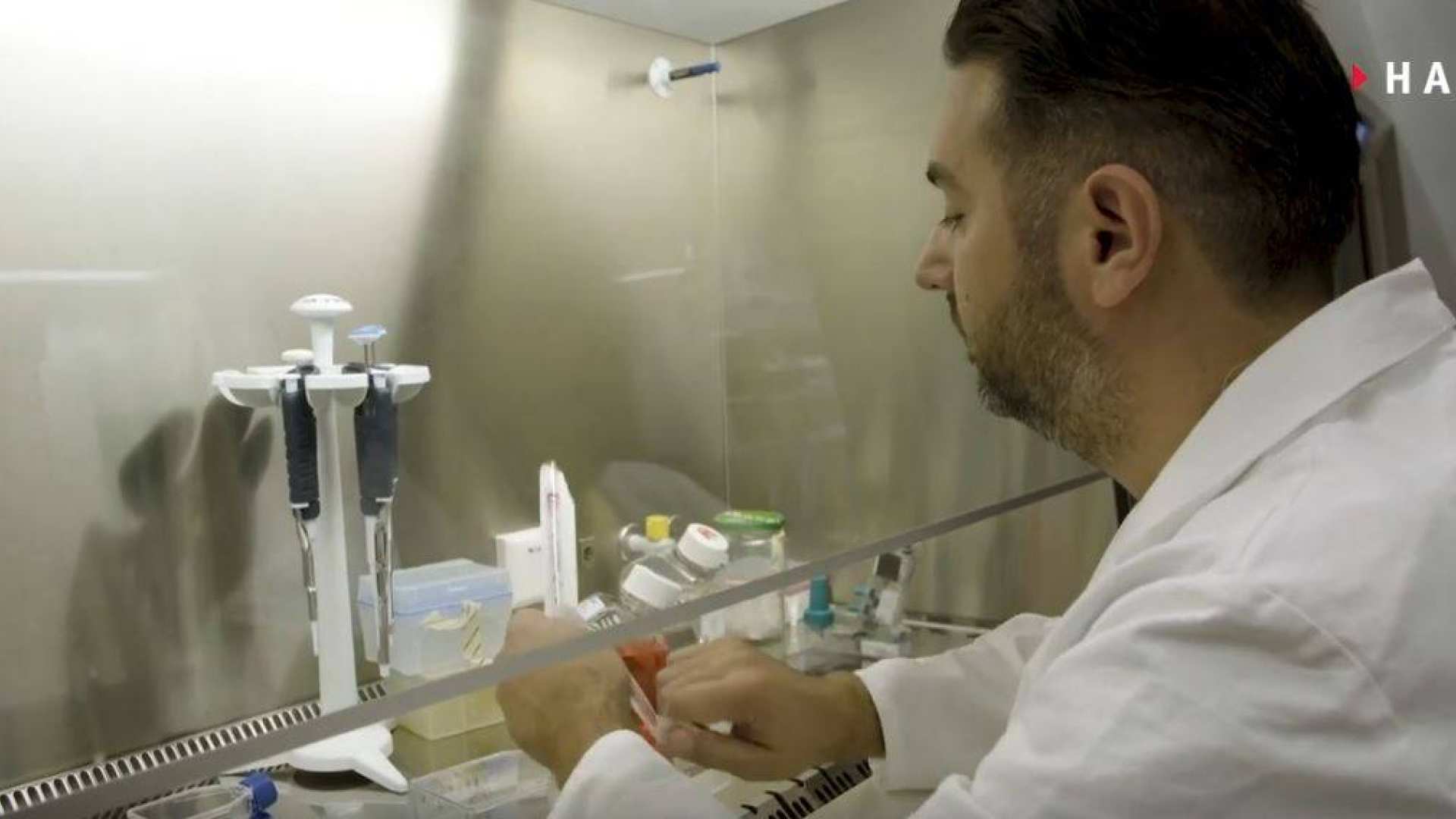Master Molecular Life Sciences Part-time
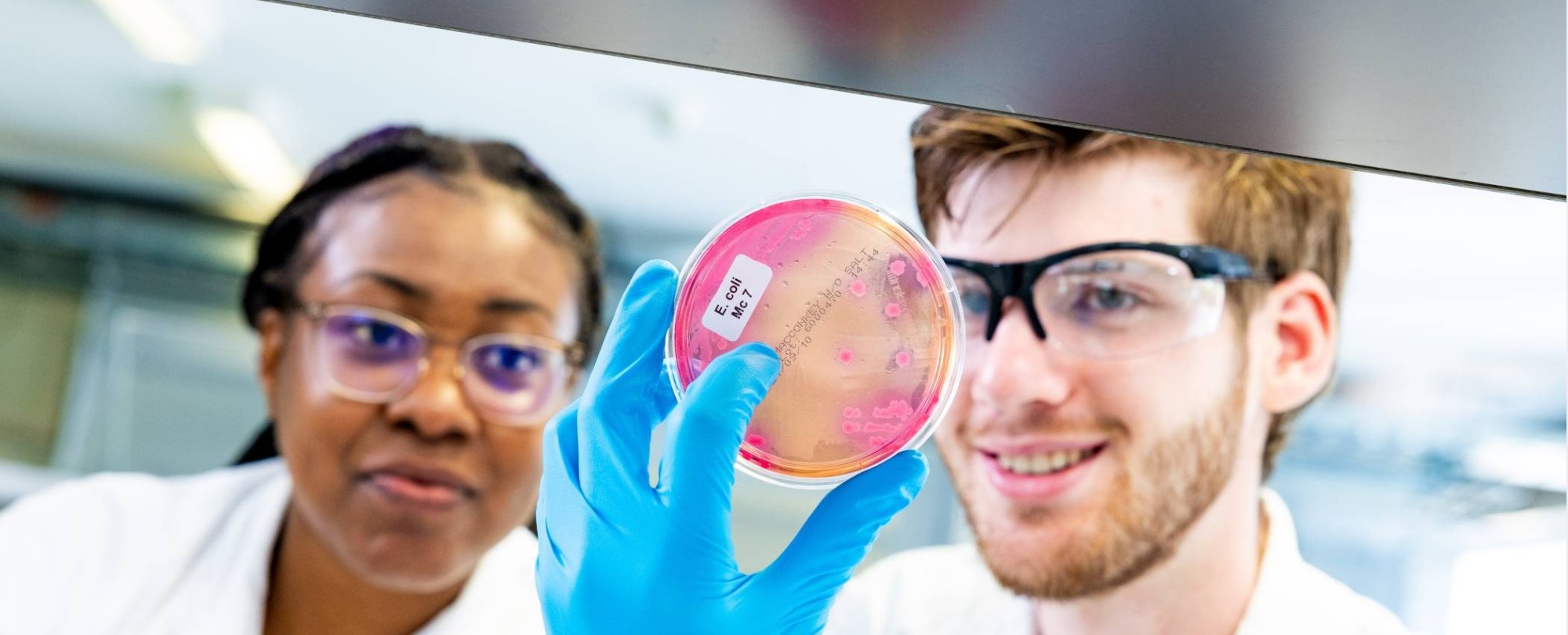
The program starts 1 September 2025 and 1 September 2026
Are you a lab technician looking for more knowledge, skills and responsibility? Do you want to combine the study program with your current job? Then the part-time Master Molecular Life Sciences is for you!
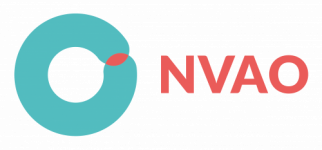
Companies available for working and learning
Did you just get your bachelor's in life sciences and are hesitating between working or getting your master's? Why not do both? At this moment there are still several companies that would like you to gain work experience and give you the opportunity to follow the master in Molecular Life Sciences at the same time. Full-time or part-time. Great combination right? You can still apply for the coming academic year. Interested? Send an email to master.mls@han.nl
Who is this master for?
This part-time program is for people currently working in life sciences (R&D) and who are able to come to classes once every two weeks. Next to that you have to be:
- EU/EER, Swiss or Surinamese citizen
- expat with a valid Dutch residence permit
- refugee with a valid Dutch residence permit.
If you don't meet up with these requirements, you can apply for the full-time program.
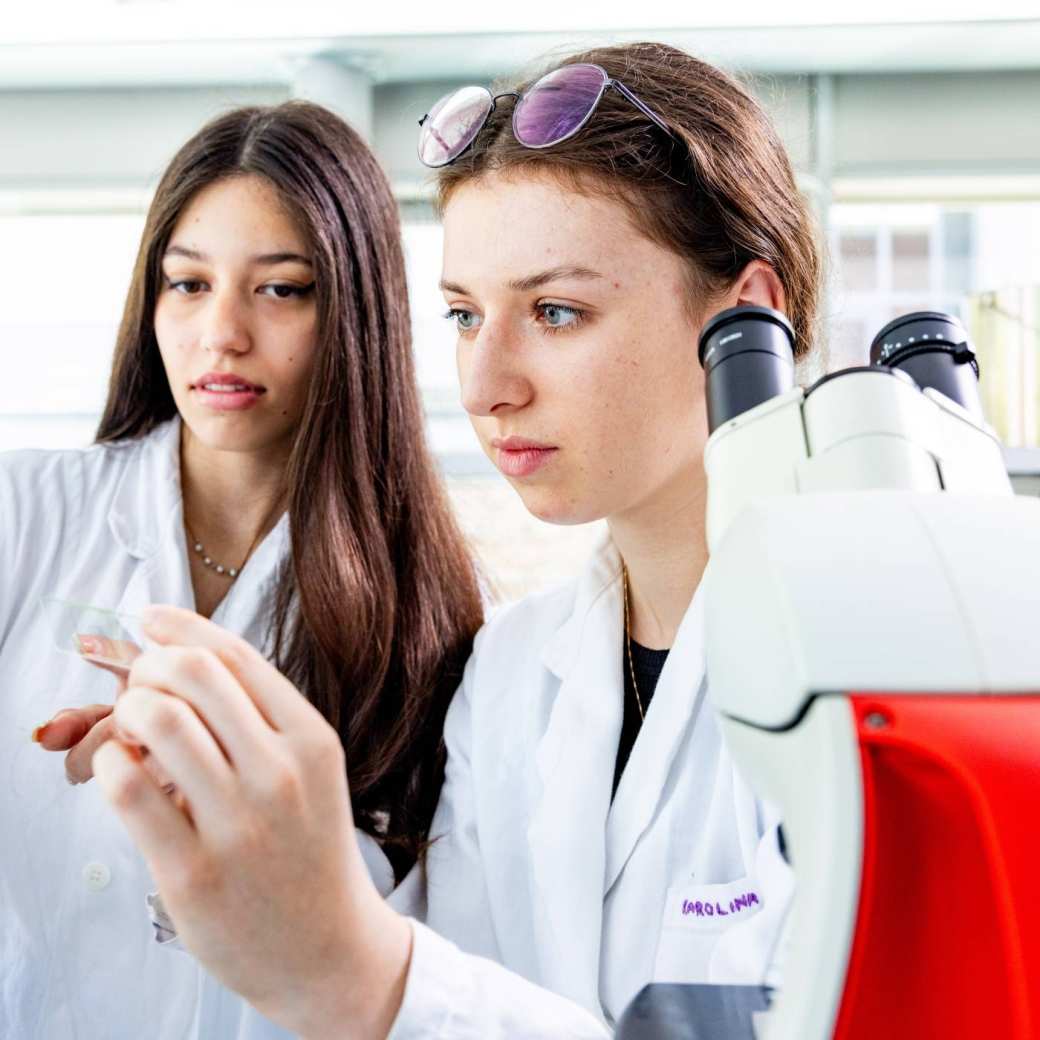
Skills and future job prospects:
During this program, you learn to independently plan and run projects of at least 3 months. To this end, you enrich your knowledge of molecular and cellular biology, biochemistry, biotechnology, data analysis and various applications in life sciences, depending on your specialization. You also learn about scientific writing, project organization and how to set up experimental and project strategies. The English-taught Master in Molecular Life Sciences opens doors, in your current job and beyond.
Skills
Learn these skills during the program:
- Research skills and knowledge of product development
- Skills in developing and executing projects
- Data Analysis and Bioinformatics
- Scientific writing and presenting
- Professional and interpersonal skills
Jobs
These positions align with your education:
- Junior Project Manager
- Lab Manager
- Scientist or Associate Scientist
- Pursuing your career with a PhD is also possible
Information for employers
Our students immediately apply the knowledge and experience they gain during their program in practice. That makes them a invaluable asset to any company/organization.
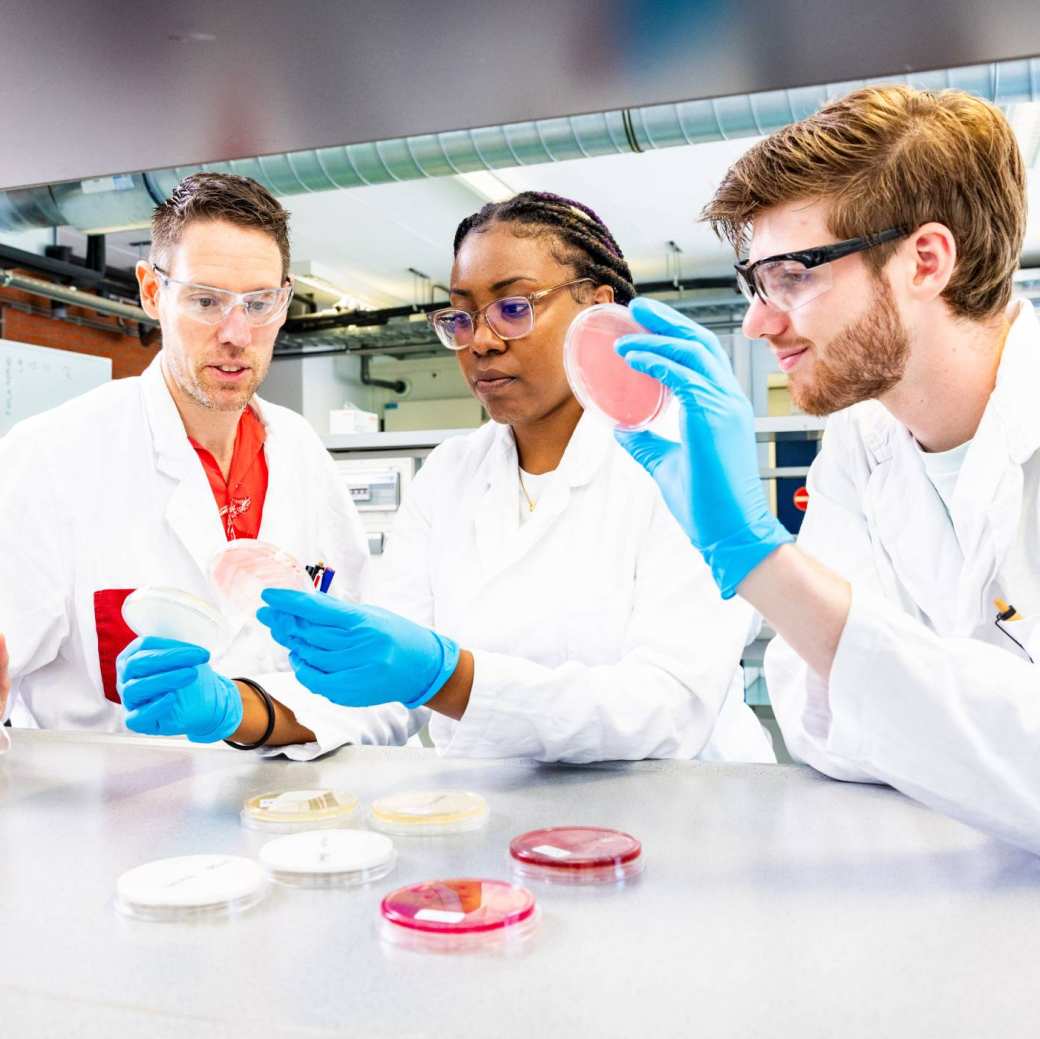
What do you learn?
The Master in Molecular Life Sciences consists of 6 modules. These modules enrich your knowledge of molecular biology, cell biology, biochemistry, biotechnology, statistics, data analysis, bioinformatics and immunology. Also, you learn to plan and execute life sciences projects in various phases of applied research and product development. Parts of the curriculum are carried out at your own workplace.
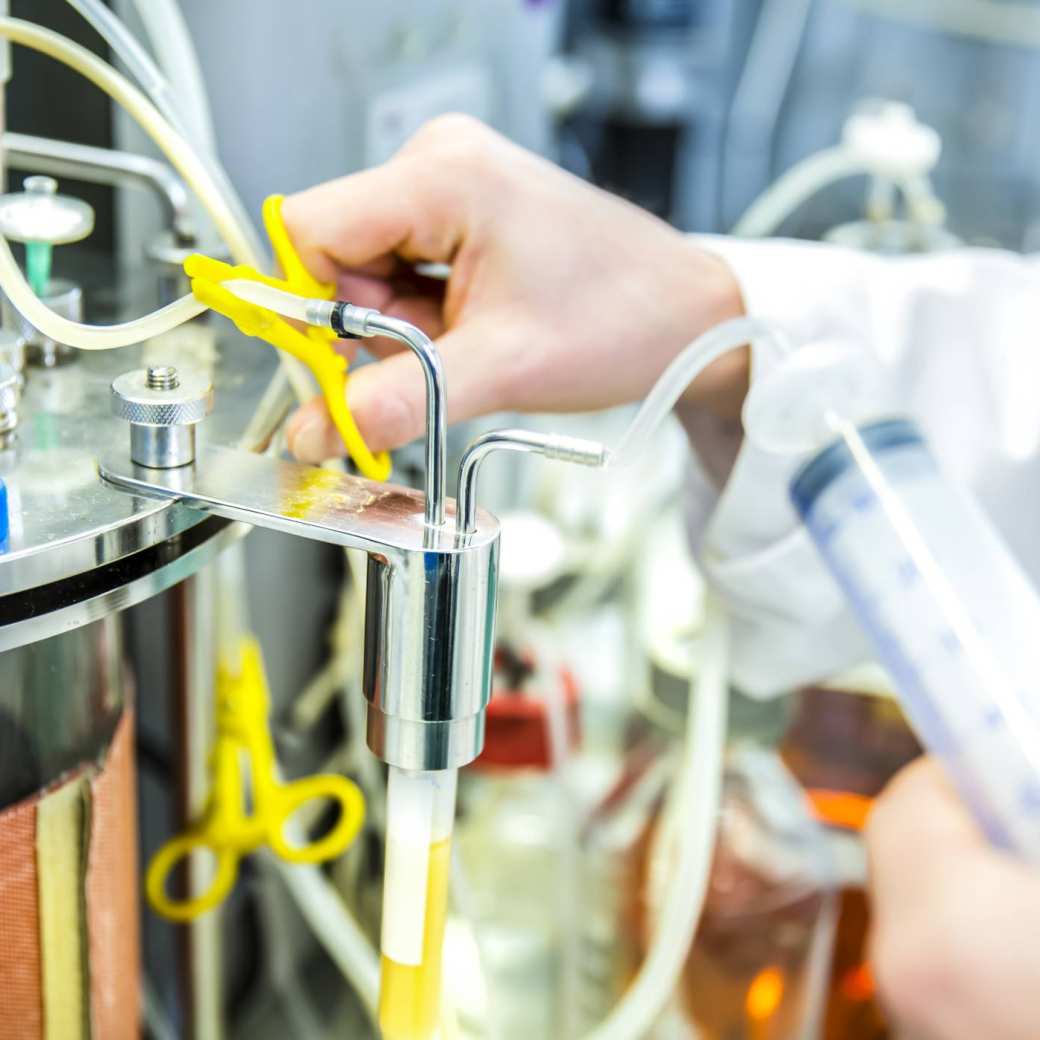
A lively and inspiring meeting
Read the article SMB wrote about the event
Presentation Andrea
Presentation Elena en Danique
Presentation Lisan en Ellen
Combining a study with work and private life takes some getting used to. But organize it properly and it's easier than you think. You get so much more in return!
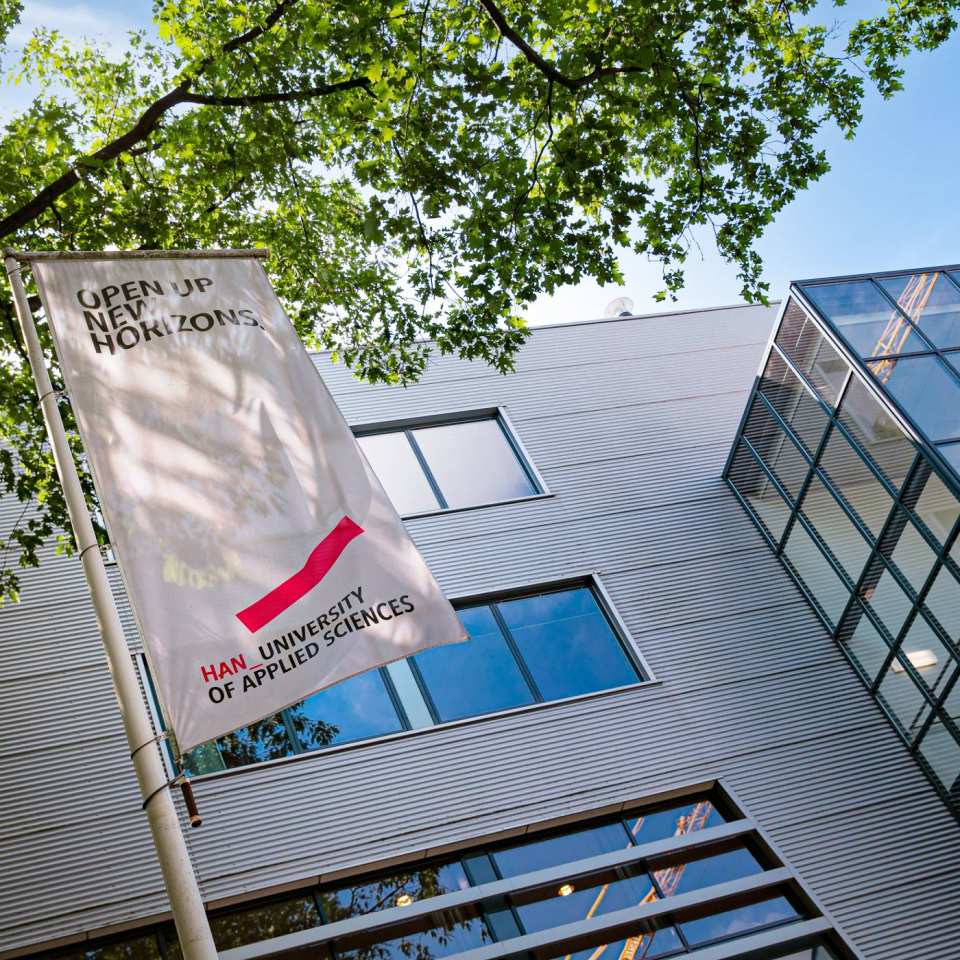
Part-time or fulltime
You can also study the Master in Molecular Life Sciences fulltime. In that case, you combine the theoretical program with an internship throughout the 2 year program. Wondering which is best for you? Arrange a meeting with us – no strings attached.
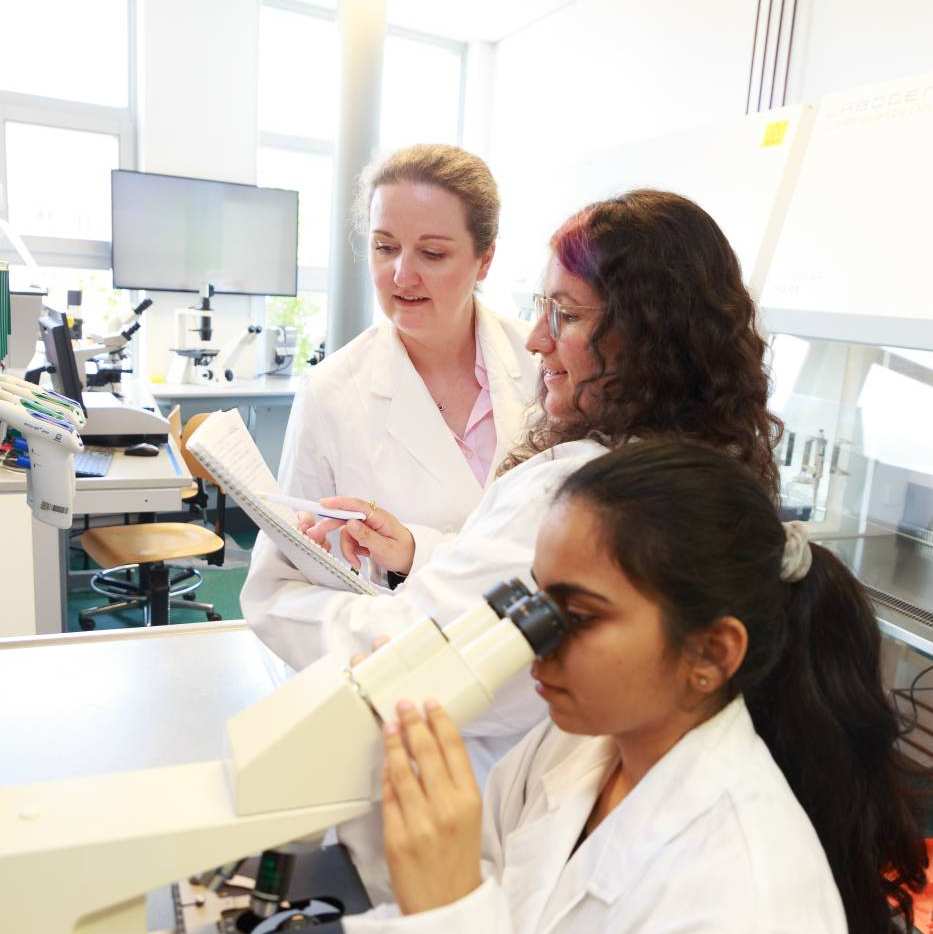
The Dutch way of learning
The atmosphere in a Dutch classroom is quite informal and your lecturers are easy to talk to. In fact, at Dutch universities like HAN, you’re seen as a partner in the learning process. Class sizes are small and your lecturers encourage you to actively participate in class. To ask questions. To give your own opinion. They also stimulate you to be creative. And to discover things for yourself.
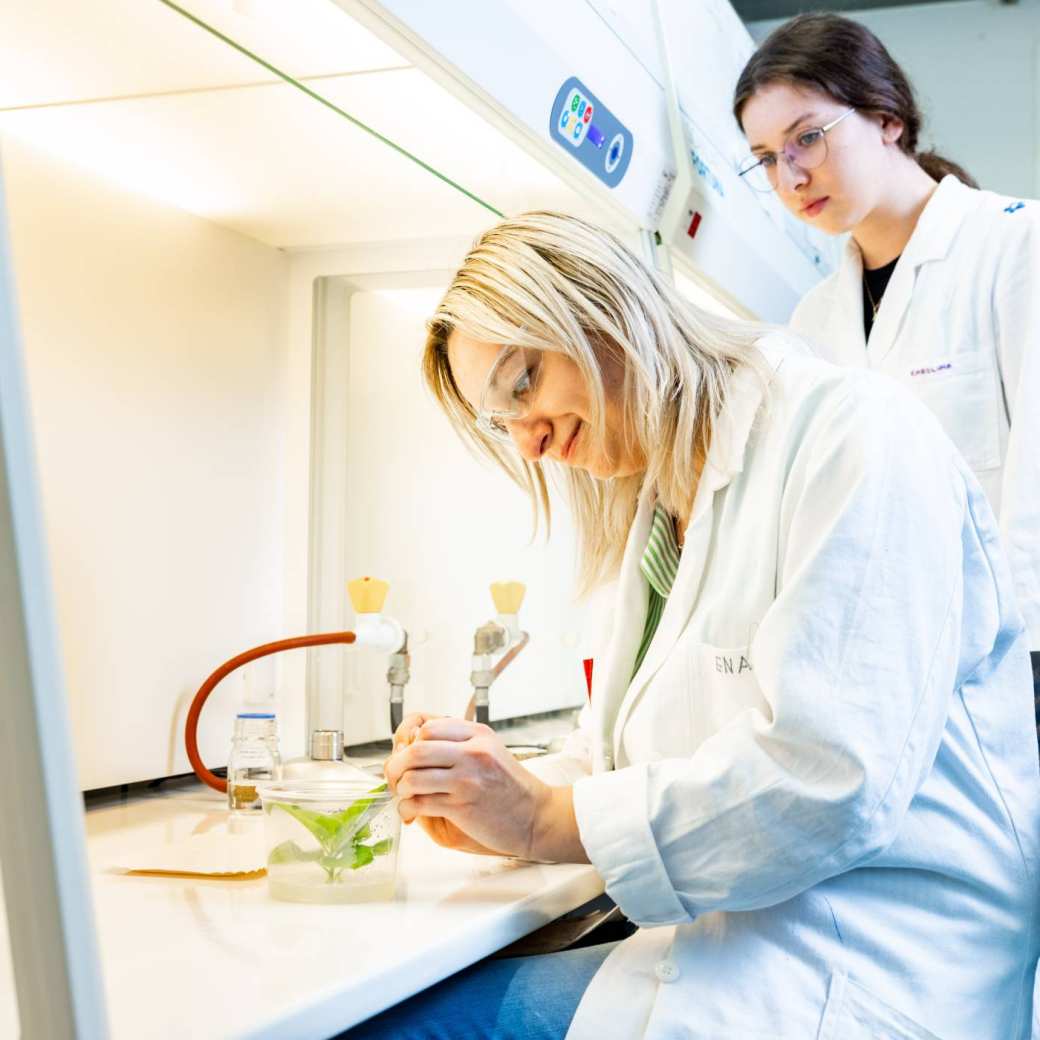
Contact us
Got a question? First check our FAQ. Can't find the answer to your question there? Contact us at ASK HAN. We're happy to help!
Program
Get detailed info on the study program of this master.


